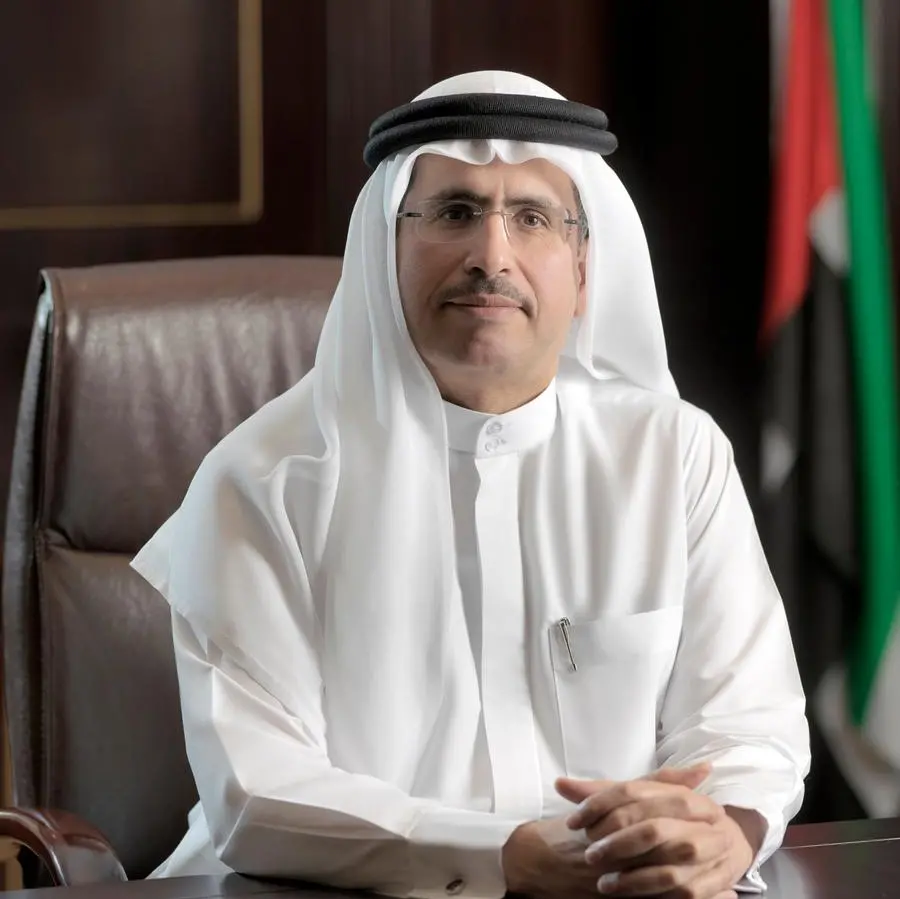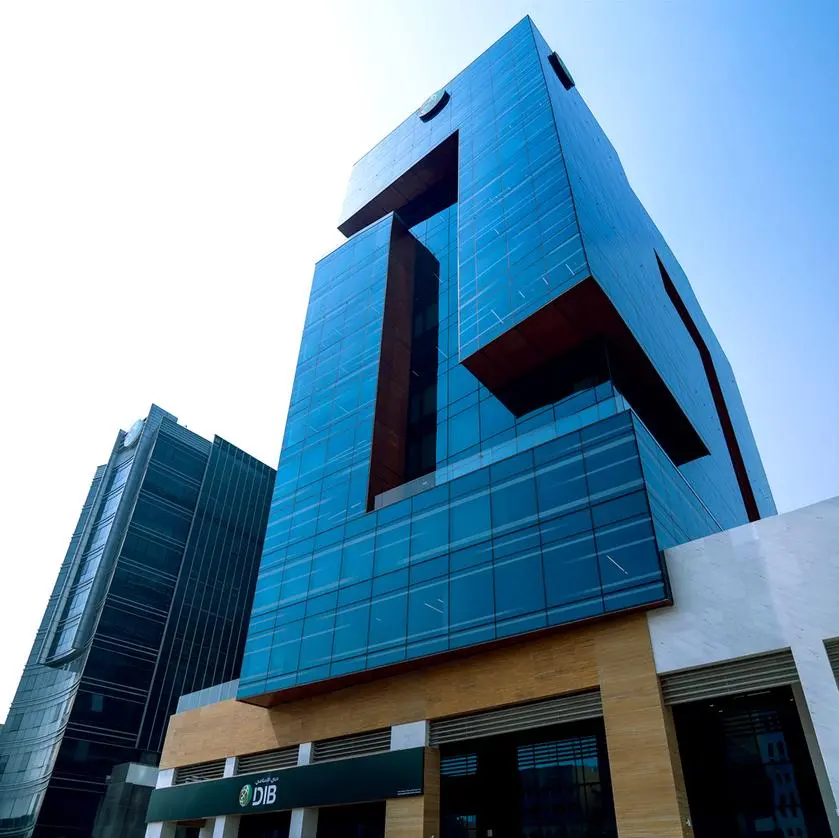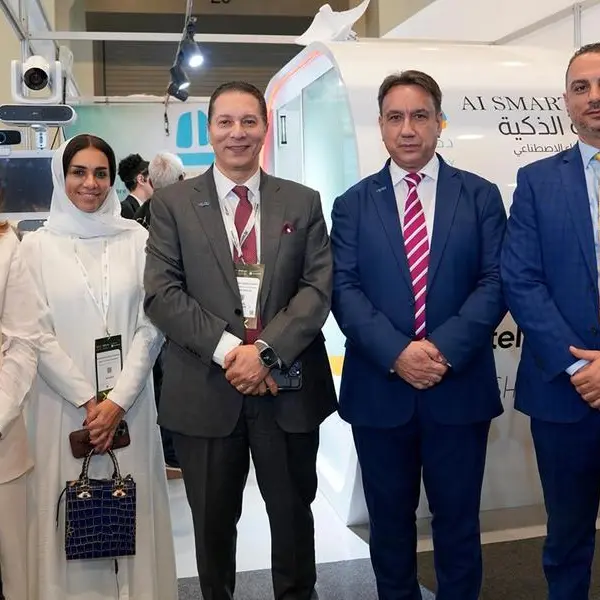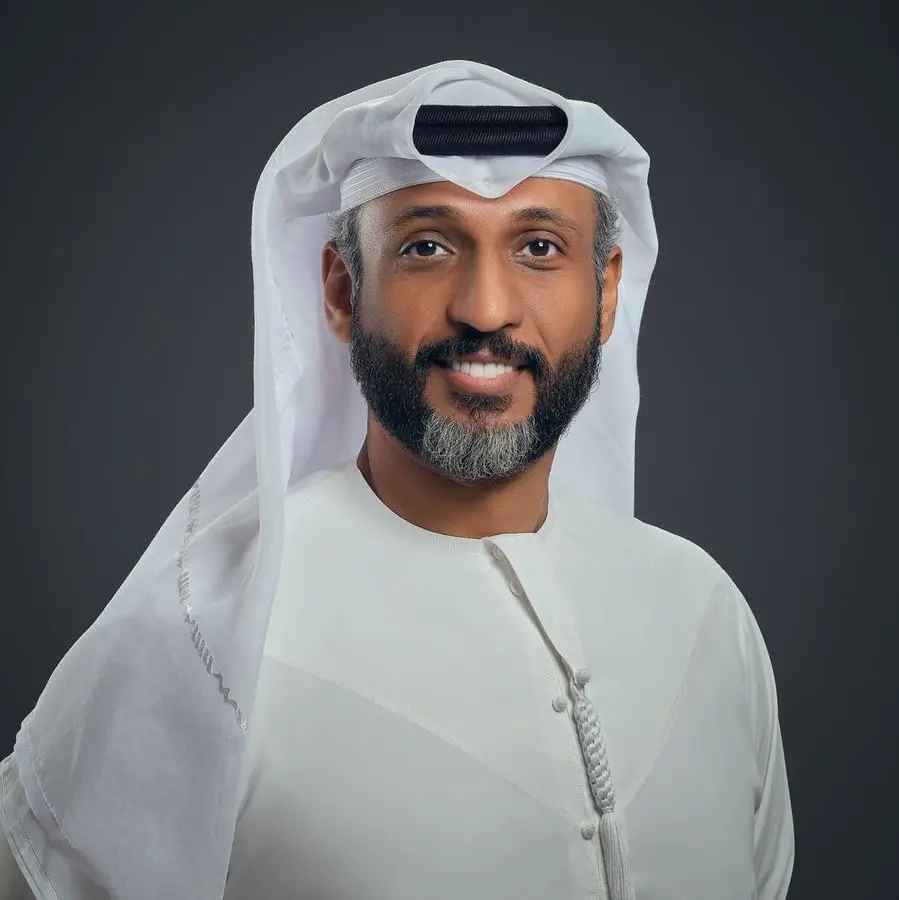PHOTO
- Firms cite increased operational performance, time savings and higher revenues as key benefits of IIoT implementation
DUBAI: A new report by Honeywell (NYSE: HON), the global technology leader, has revealed two-thirds of medium-to-large organizations in the UAE (68%) and Saudi Arabia (66%) believe Industrial Internet of Things (IIoT) technologies are critical to business operations, or will become critical in the next five years.
Honeywell partnered with YouGov and IDC to launch the “IIoT Market Spotlight – UAE & Saudi Arabia” study, which analyzes the views of approximately 250 C-level executives at companies in the UAE and Saudi Arabia across the buildings and cities, transport and logistics and industrial sectors. The report features insights from interviews with executives to gauge their perceptions, degree of implementation and investment outlook on IIoT-enabled technologies and digitalization initiatives within their organizations.
Norm Gilsdorf, president for Honeywell, High Growth Regions, Middle East, Russia and Customs Union, commented: “Digitalization initiatives and Industrial Internet of Things technologies are revolutionizing the way companies across the Middle East operate, by connecting disparate systems across industrial operations to derive previously untapped information that can drive new growth.”
“Our survey reflects a strong and growing appetite to embrace digitalization across UAE and Saudi Arabia. Our customers are generating more data from increasingly connected operations, and are asking for technologies to aggregate this data and convert it into insights that drive profitability. Through the right combination of hardware, software, analytics and cybersecurity, these companies are poised to realize the gains Industry 4.0 has to offer,” added Gilsdorf.
Increasing the performance of operations was highlighted as a main benefit by survey respondents currently leveraging IIoT solutions in both countries (UAE 50% and Saudi Arabia 51%). Time savings came in second as a key benefit (UAE 48% and Saudi Arabia 50%) and increased revenues came third (UAE 28% and Saudi Arabia 38%).
Other findings included:
- Almost half of companies are already investing in IIoT today: In the UAE, 46% of decision-makers surveyed say their companies are already investing either moderately or heavily in IIoT, with 40% of organizations in Saudi Arabia reporting similar investment.
- A majority of companies surveyed plan to increase IIoT investments in the next five years: In the UAE, 72% of the decision-makers say their companies will increase investments in IIoT, with 64% of organizations in Saudi Arabia reporting a similar outlook.
- Cybersecurity will become more critical: Executives also report a growing appetite for investments in cybersecurity solutions in the next five years in both the UAE (75%) and Saudi Arabia (68%).
- Fears over data security, budget issues and staff training are holding firms back: Data protection (39%) and a lack of funding (37%) are deemed to be the main challenges to IIoT adoption in the UAE. While a lack of digital culture (50%) and a lack of qualified staff and training (46%) are cited as key hurdles in Saudi Arabia.
As part of its commitment to advancing digital transformation in the region, Honeywell has launched two innovation and knowledge-exchange hubs in the UAE in the past year. The Company will also open a new training and knowledge-sharing hub for IIoT technologies in Riyadh, Saudi Arabia, representing continued significant investment and commitment to digitalization efforts.
The Honeywell Masdar Innovation Center in Abu Dhabi and the Honeywell Technology Experience Center in Dubai are designed to encourage collaboration and engagement between stakeholders and facilitate the co-creation of industry-specific solutions through the adoption of IIoT technology. Together, the centers demonstrate solutions for a range of sectors including industrials comprising oil and gas, refineries, manufacturing; smart buildings, cities and hospitality; as well as transport, aviation, supply chain and logistics.
The Company also established the Honeywell Industrial Cybersecurity Center of Excellence in Dubai last year, a pioneering technology center that tests and demonstrates process control network vulnerabilities and threats, trains regional customers with real-time attack simulations and provides advanced customer consultations.
In the Middle East for more than 60 years, Honeywell’s solutions blend physical products with advanced software to create value for customers while supporting long-term national development visions and economic diversification across the region.
-Ends-
© Press Release 2019
Disclaimer: The contents of this press release was provided from an external third party provider. This website is not responsible for, and does not control, such external content. This content is provided on an “as is” and “as available” basis and has not been edited in any way. Neither this website nor our affiliates guarantee the accuracy of or endorse the views or opinions expressed in this press release.
The press release is provided for informational purposes only. The content does not provide tax, legal or investment advice or opinion regarding the suitability, value or profitability of any particular security, portfolio or investment strategy. Neither this website nor our affiliates shall be liable for any errors or inaccuracies in the content, or for any actions taken by you in reliance thereon. You expressly agree that your use of the information within this article is at your sole risk.
To the fullest extent permitted by applicable law, this website, its parent company, its subsidiaries, its affiliates and the respective shareholders, directors, officers, employees, agents, advertisers, content providers and licensors will not be liable (jointly or severally) to you for any direct, indirect, consequential, special, incidental, punitive or exemplary damages, including without limitation, lost profits, lost savings and lost revenues, whether in negligence, tort, contract or any other theory of liability, even if the parties have been advised of the possibility or could have foreseen any such damages.




















